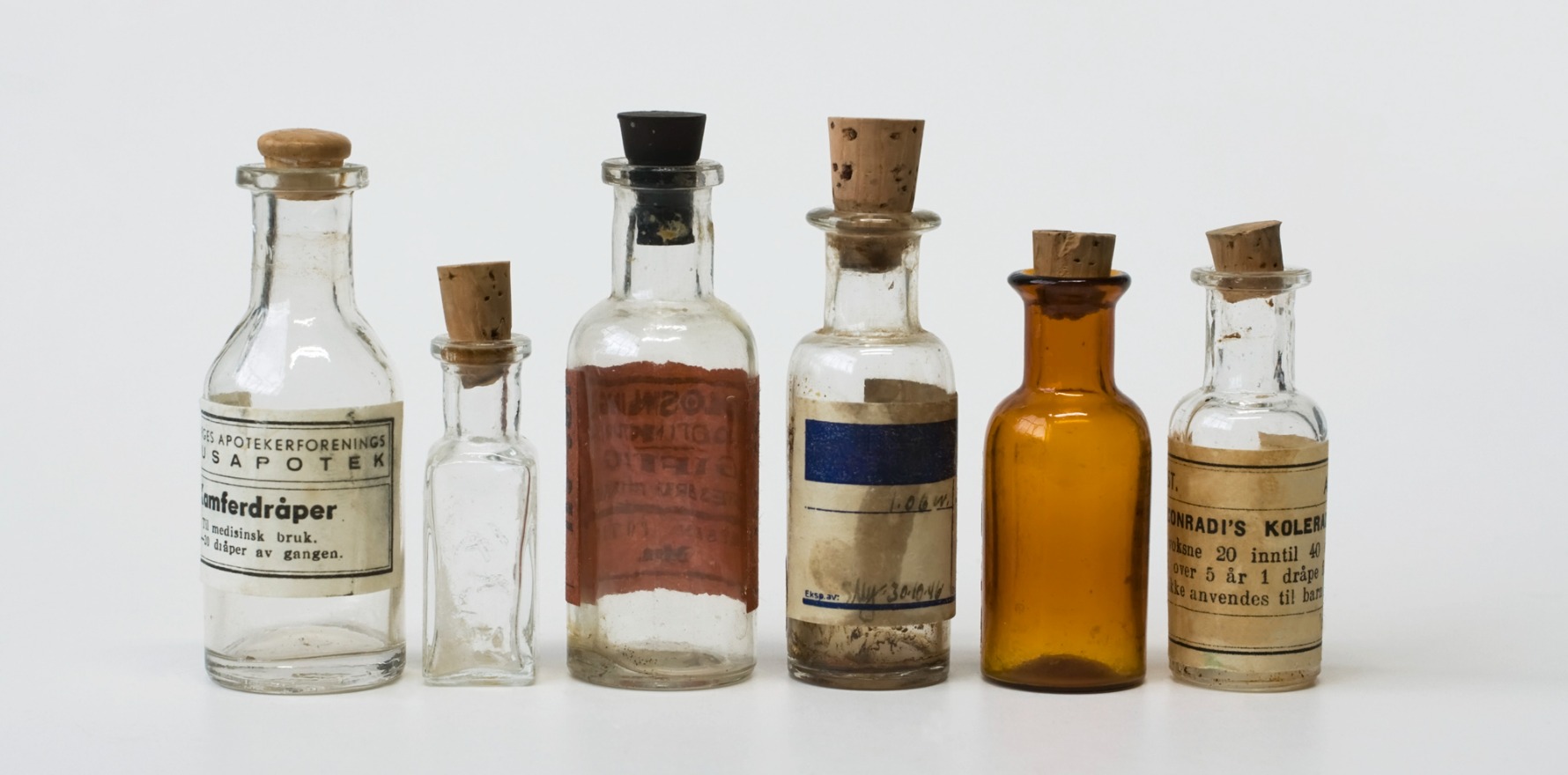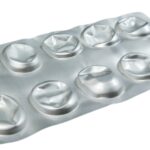The government has signed off on defunding the prescribing service, but doctor MPs have protested in parliament.
Opposition to the defunding of NPS MedicineWise has grown louder, with two independent members speaking out in parliament against the move.
NPS also formally responded to a review of its operations by Deloitte, flagging significant inaccuracies, while both a healthcare consumer advocate and a policy analyst have called on the government to reconsider its defunding decision.
Reversing that decision, however, may prove to be an uphill battle. Following Deloitte’s so-called “rapid review”, Health Minister Mark Butler concluded the policy intention of the Morrison government’s budget proposal was “appropriate”.
It’s understood that Minister Butler recently responded to a request from NPS MedicineWise to discuss the issue.
NPS MedicineWise CEO Katherine Burchfield is calling on the government to publish a review of the outcomes of the changes one year on – which will see NPS’s existing functions transferred either to the Australian Commission on Safety and Quality in Health Care or to new contestable funding arrangements.
“I think defunding is going to have unintended consequences,” she said, “and I think we would all like to see some accountability and checks in place to make sure the new arrangements are effective in supporting our GPs, other health professionals and our consumers.”
Dr Sophie Scamps, former GP and independent member for Mackellar, and Dr Monique Ryan, independent member for Kooyong, spoke out against the changes in parliament.
“The review should examine health professionals’ perspectives on the changes and whether prescribers feel they still have the resources and support they need to make good prescribing choices around medicines,” Dr Scamps said.
“It should also examine whether consumers feel they still have good access to resources and information. It is also of the utmost importance that the successful work of the NPS MedicineWise’s antimicrobial stewardship program continues.”
Dr Ryan said benefits of the program included a 25 per cent decrease in the over-prescription of some antibiotics, prevention of 50,000 unnecessary scans for low back pain, and half a million fewer scripts for opioids, representing savings of more than $9 billion.
“Given that the government spends $14 billion a year on the PBS,” Dr Ryan said, “the $24 million a year spent on the NPS is a pittance, especially given that this program has delivered a net return on investment of more than two to one to the federal government by delivering more than $1.1 billion in direct savings for the PBS and MBS.”
In its response to the Deloitte review, NPS said the report had been “selective in its use of facts and the conclusion is largely unsubstantiated”.
“NPS MedicineWise does not agree with a number of the observations of the report and had requested that inaccuracies/misrepresentations be corrected prior to publication. This request was declined,” the response read.
Meanwhile, writing in Croakey Health Media, Darlene Cox, executive director of the Health Care Consumers’ Association, said the Deloitte review “failed to adequately consider and manage the risks associated with dismantling the collective QUM assets of NPS MedicineWise”.




